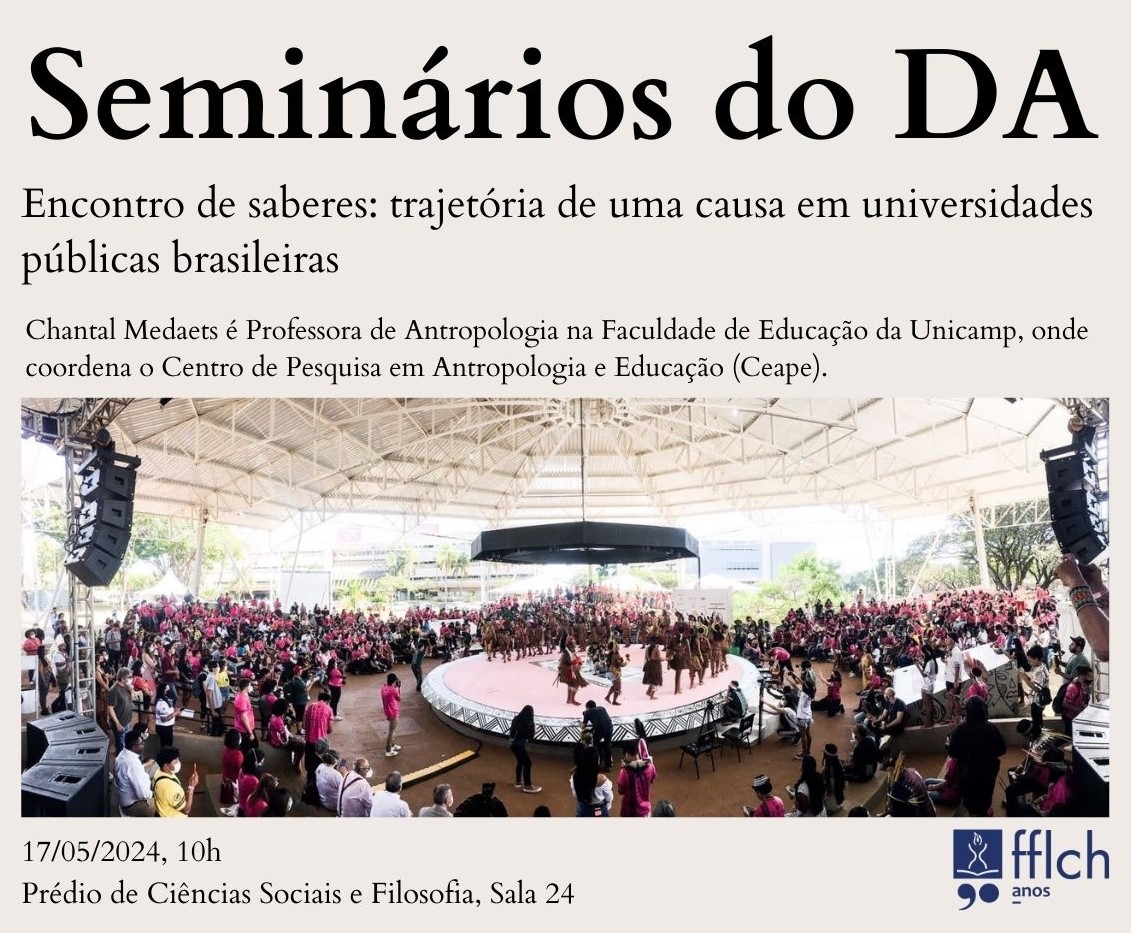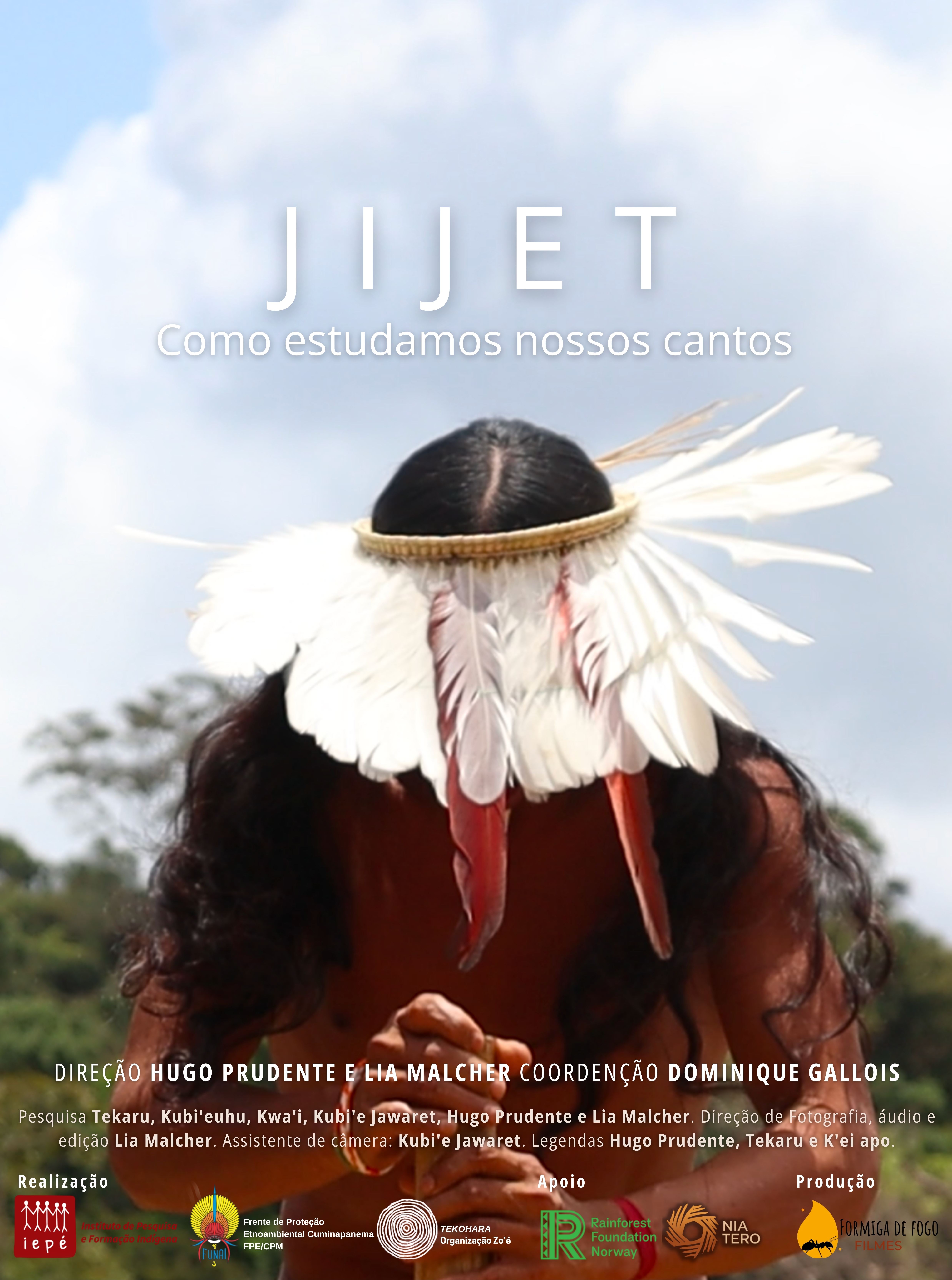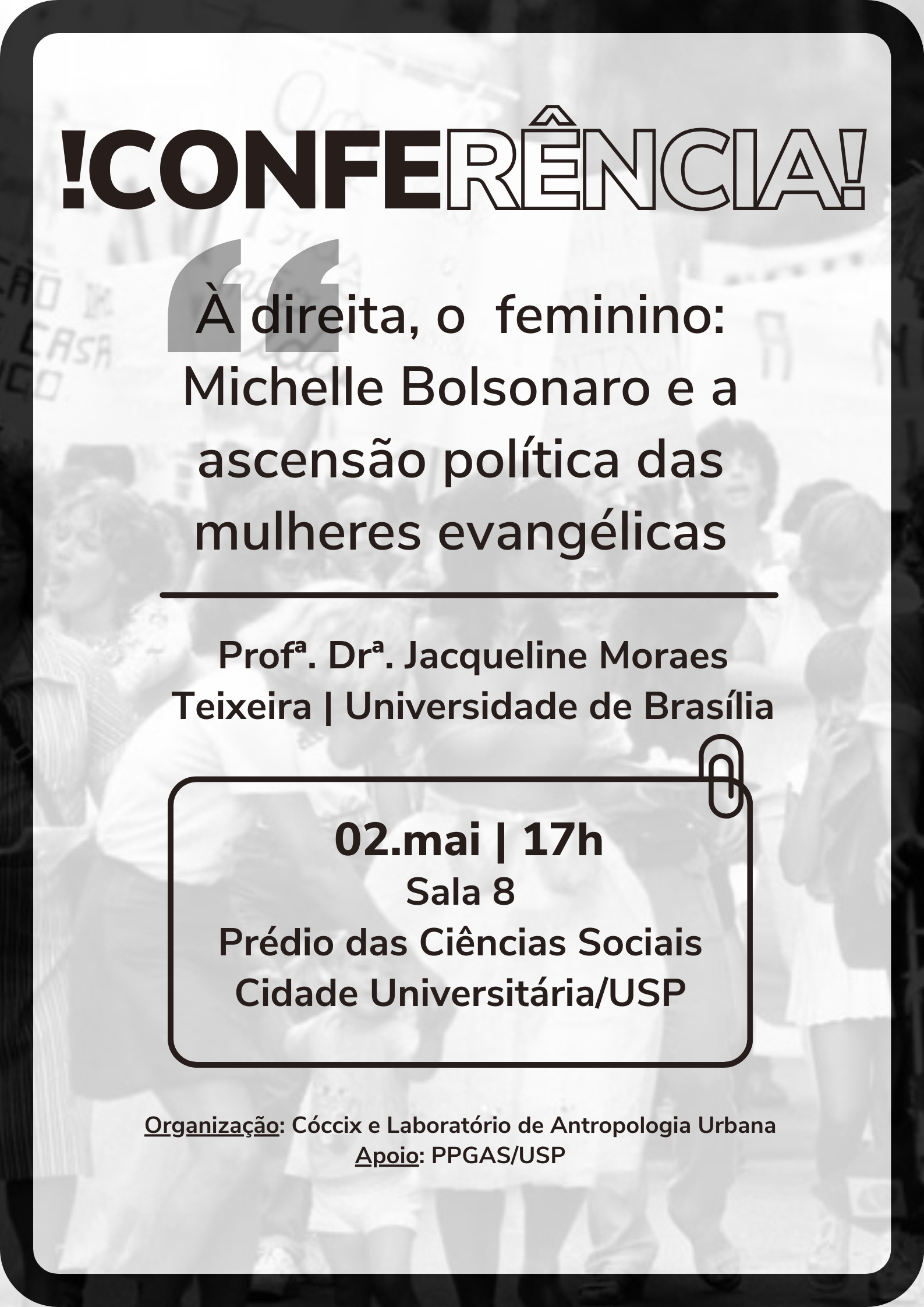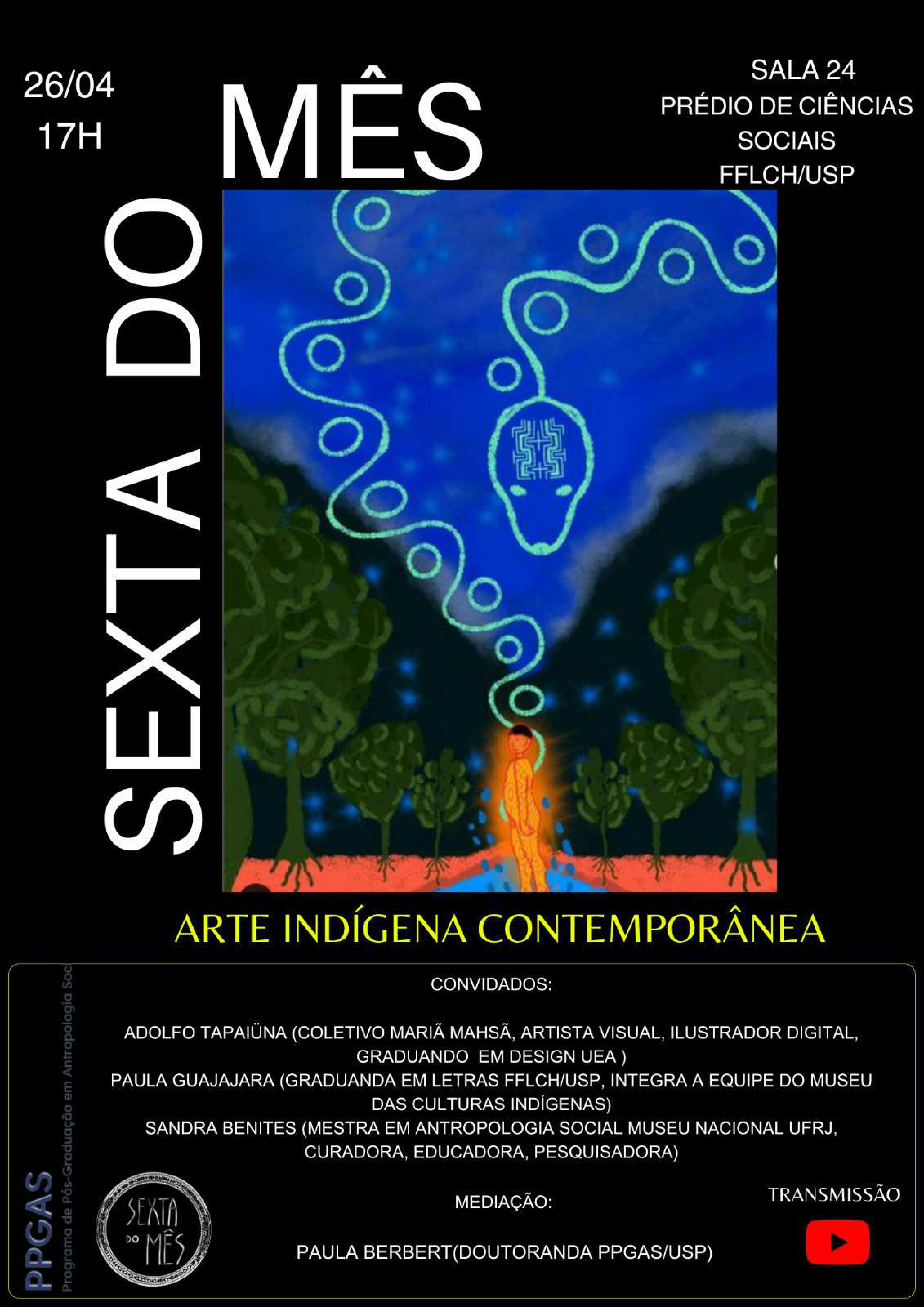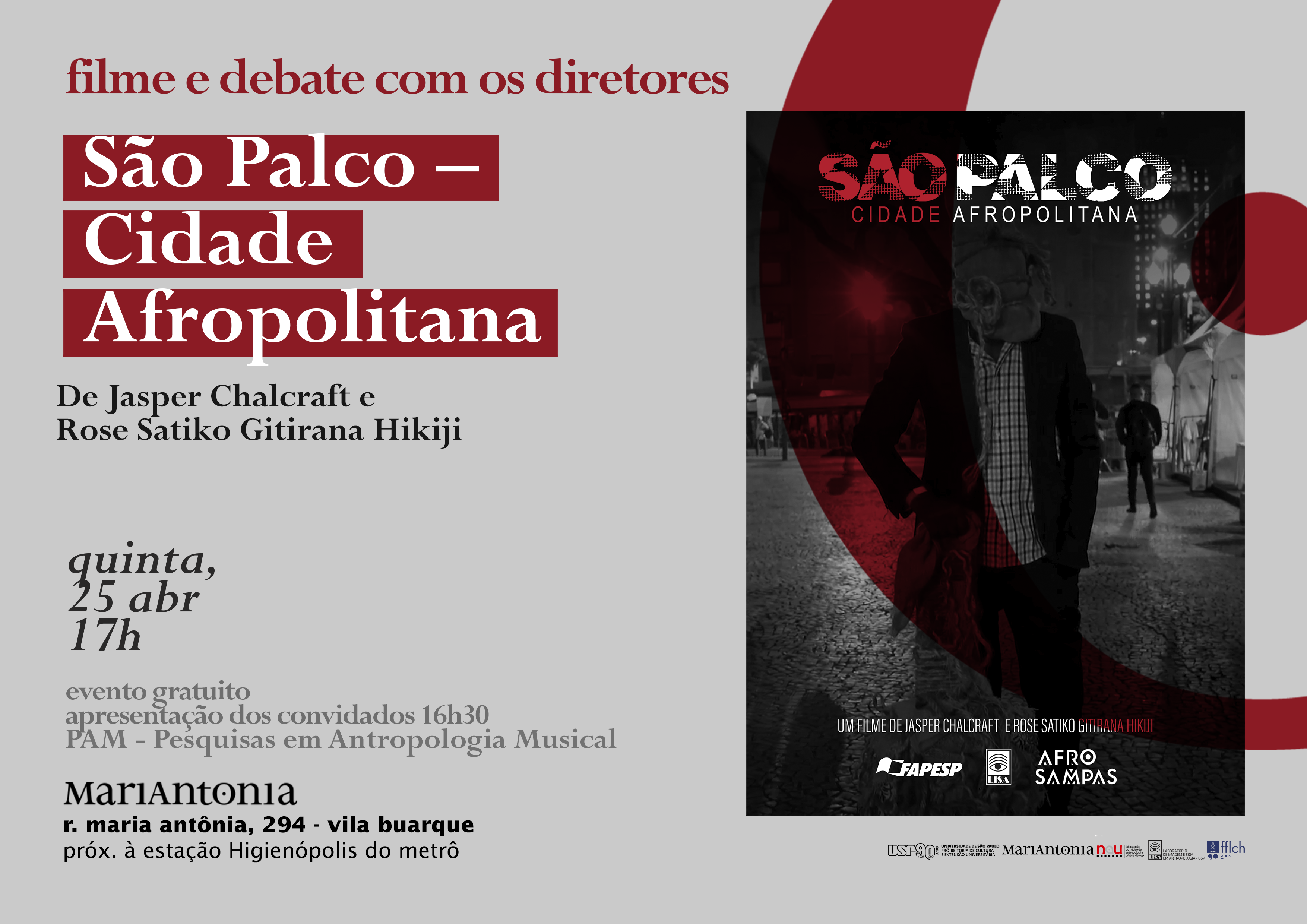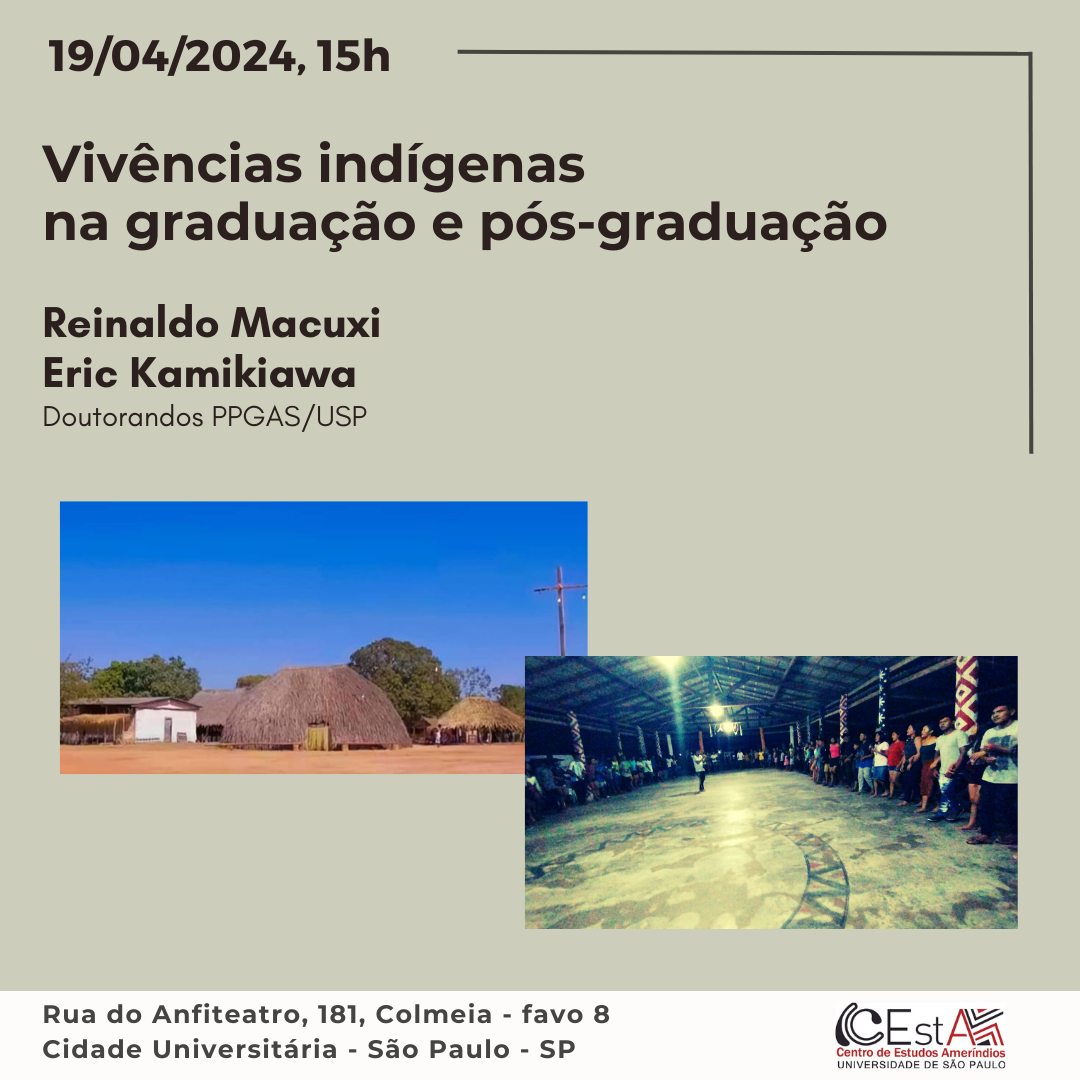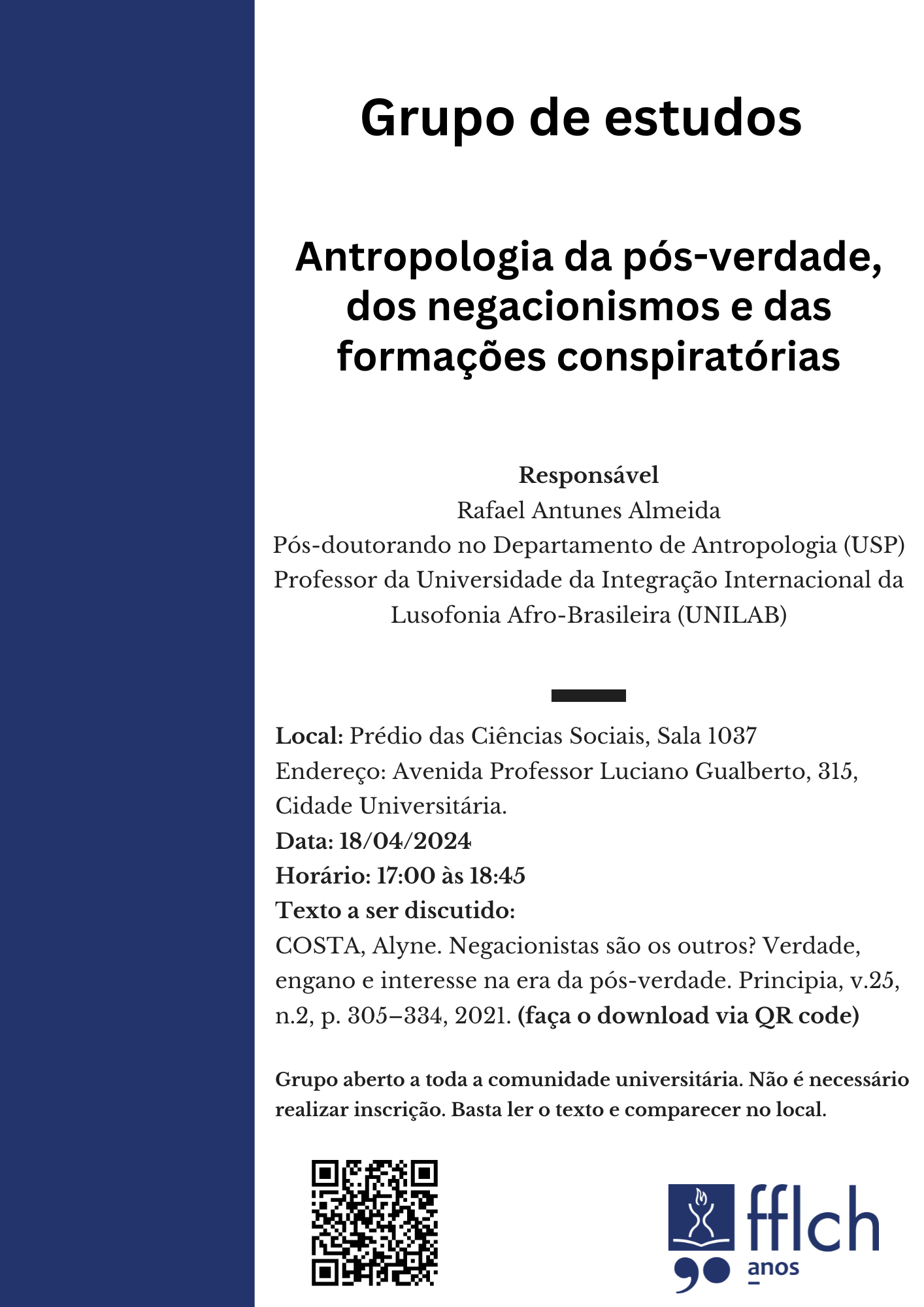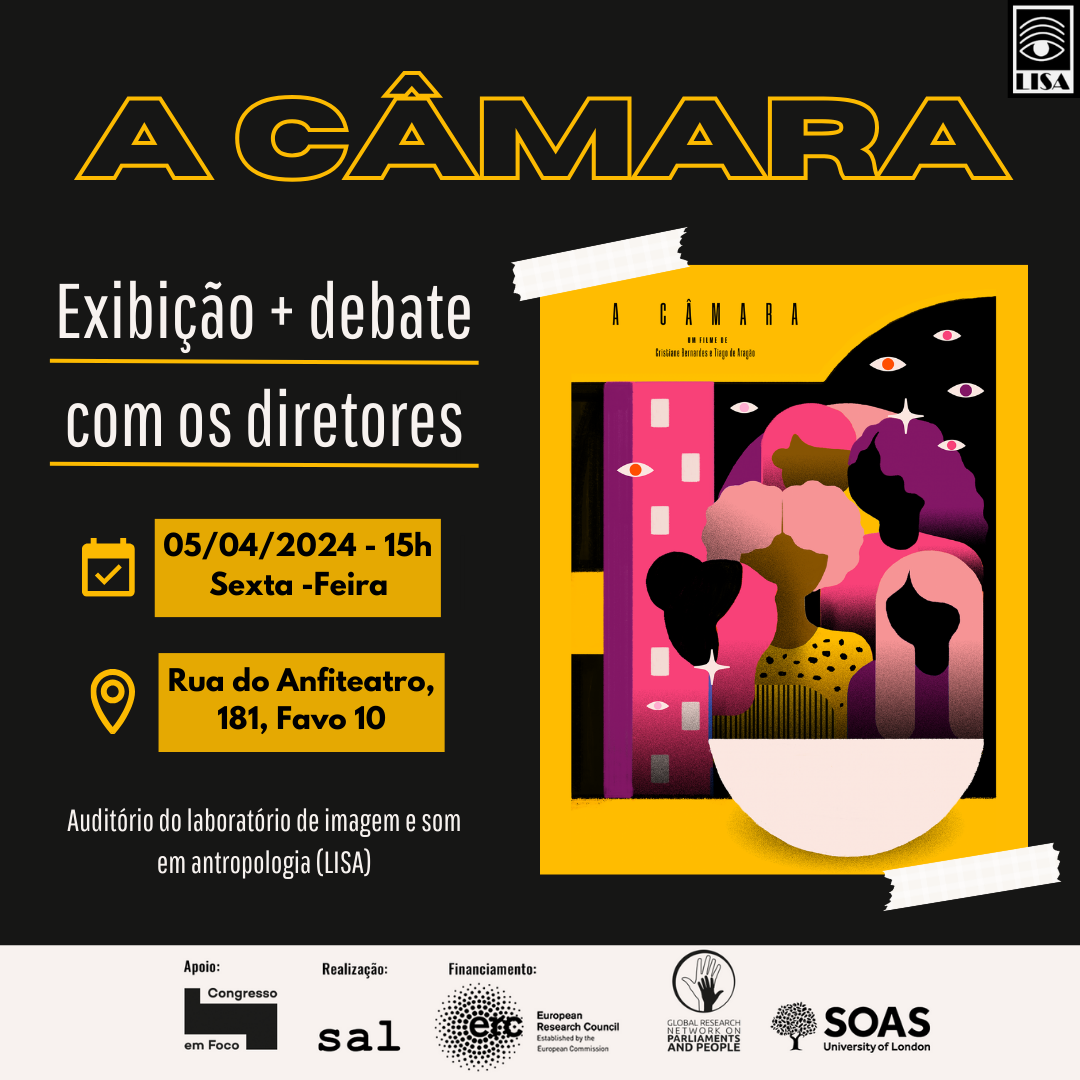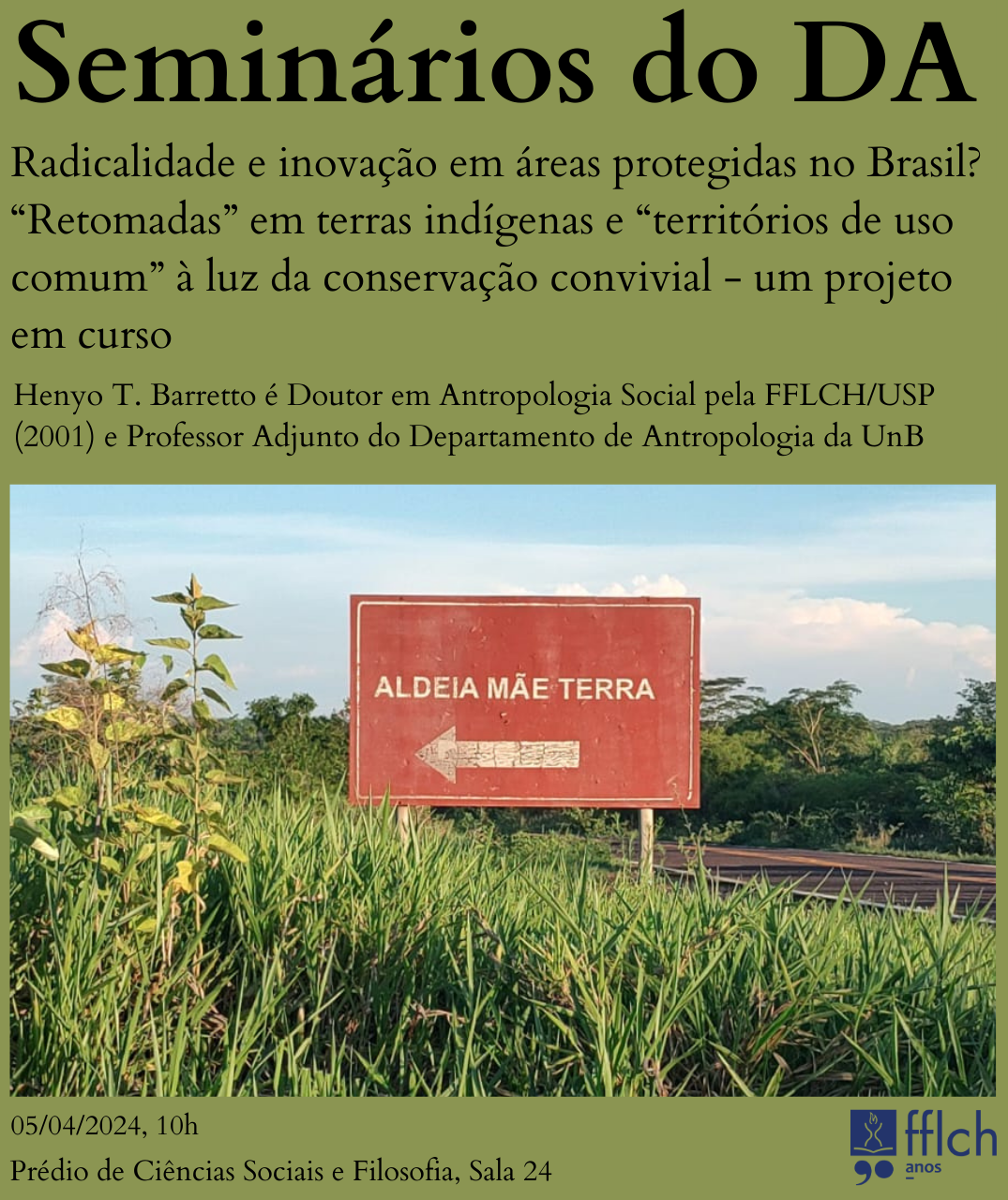History Events DA
Meeting of knowledge: trajectory of a cause in Brazilian public universities
Since the beginning of the 2000s, and especially after the implementation of the Federal Quota Law in 2012, Brazil has emerged, worldwide, as the country with the most comprehensive affirmative action program in higher education. In addition to reserving places (quotas) for black candidates, a growing number of public universities have organized specific selection processes for indigenous candidates, relying on the principle of “differentiated” education, guaranteed by CF88 and the curricular guidelines for indigenous school education. The entry of this new public into universities is accompanied by a demand for symmetry of value between academic knowledge and so-called traditional knowledge. A series of pedagogical and administrative devices have since been developed aiming to materialize this symmetry, summarized in the expression that has become a flagship: “meeting of knowledge”. I will present an overview of these initiatives and, based on an ethnography conducted at the State University of Campinas, I will show the positioning of some of the actors involved in them, or implicated by them, especially the indigenous students at Unicamp.
The Study Group "Anthropology of Post-Truth, Denialism and Conspiracy Formations" aims to analyze and discuss, from an anthropological perspective, the phenomena of post-truth, denialism and conspiracy theories.
Meeting theme
At the next meeting, the group will discuss the article "Post-truth and the crisis of the expert system: a cybernetic explanation", by anthropologist Letícia Cesarino, published in Ilha: Revista de Antropologia, in 2021.
Date
• May 16, 2024
• Time: 5pm to 6:45pm
Location
• Social Sciences Building, room 1037 (in the Anthropology Department corridor)
• Address: Avenida Professor Luciano Gualberto, 315, Cidade Universitária
Target audience
The group is open to the entire university community.
Registration
Registration can be made by email: almeida.rafaelantunes@gmail.
Access to material
Launch of the film “Jijet: How we study our corners”
Wednesday, 05/15/2024, 5pm
LISA Auditorium - Laboratory of Image and Sound in Anthropology. Rua do Anfiteatro, 181, Favo 10, USP.
Synopsis:
Tekaru is a young zo’é participating in collaborative research in the context of the activities of the Iepé Institute’s Zo’é Program. He recorded and transcribed a series of songs and dedicated himself to studying them in dialogue with other young people and with his grandfather Kwa’i, explaining them carefully to anthropologist partners. The film follows this research, which involves recording, transcription and exegesis. It also addresses a fundamental stage of study that takes place “inside your chest”, when you walk alone through the woods. While we study, we must remember: never repeat a song.
After the session, a debate will take place with the presence of Zo’é leaders and the film’s directors.
Event held: CEstA (Center for Amerindian Studies), LISA (Laboratory of Image and Sound in Anthropology) and PAM - Research in Musical Anthropology.
Direction of the film: Iepé Institute, Cuminapanema Ethno-environmental Protection Front and Tekohara Zo’é Organization.
Duration: 30 minutes.
Cóccix and the Urban Anthropology Laboratory are pleased to invite you to a discussion on the topic: "On the right, the feminine: Michelle Bolsonaro and the political rise of evangelical women".
We will have the honor of counting on the presence and mediation of Profª. Dr. Jacqueline Moraes Teixeira, directly from the University of Brasília (UnB)!
When? May 2, 2024 - at 5pm
Where? Room 8 | Social Sciences Building - University City/USP | Avenida Professor Luciano Gualberto, 315.
Don't miss this opportunity! We'll wait for you there!
Organization: Cóccix (Indisciplinary studies of the body and territory) and Laboratory of the Urban Anthropology Center.
Support: Postgraduate Program in Social Anthropology at USP (PPGAS/USP).
Friday of the Month: Contemporary Indigenous Art
04/26, 5pm
Room 24 of the Social Sciences Building at USP
On April 25th, the film "São Palco - Cidade Afropolitana", by Jasper Chalcraft and Rose Satiko Gitirana Hikiji, will be shown at the Maria Antonia University Center. The exhibition is part of the second NauCine meeting, a partnership between the MariAntonia Center and the study group of the Urban Anthropology Center (NauCidades) of the Faculty of Philosophy, Letters and Human Sciences (FFLCH) at USP to celebrate the 36 years of existence of the laboratory of the USP Urban Anthropology Center (LabNAU). The event will take place in the Carlos Reichenbach room in the Rui Barbosa building.
Programming:
4:30 pm - Presentation of guests
5 pm - Screening of the film followed by a debate with directors, researchers and guests
Film synopsis:
What do African artists who arrive in Brazil in recent years carry with them on their journey? São Paulo is the stage for a creative diaspora that builds an Afropolitan present in dialogue with a country marked by openings, contradictions and tensions.
We are waiting for you!
Reinaldo Macuxi and Eric Kamikiawa (PPGAS/USP PhD students)
Indigenous students will bring their experiences when leaving the community for university, pointing out the challenges and opportunities that arose along the way, whether at undergraduate or postgraduate level.
Center for Amerindian Studies (CEstA/USP)
Rua do Anfiteatro, 181, Colmeia - favo 8
University City - São Paulo - SP
Responsible Professor: Rafael Antunes Almeida
Postdoctoral student at the Department of Anthropology (USP)
Professor at the University of International Integration of Afro-Brazilian Lusofonia (UNILAB)
Information on the poster.
The film “A Câmara”, by directors Cristiane Bernardes and Tiago de Aragão, will be shown on April 5th, at 3pm, in the auditorium of the Laboratory of Image and Sound in Anthropology (LISA). After the session, a debate will take place with both directors present.
Synopsis:
“From the depths of the Brazilian parliament, we follow female deputies doing politics. Topics such as reproductive rights, education, secular state, racism and political polarization come to the fore, as we follow these women closely in their political struggles and performances.
The Chamber is an observational documentary that follows the routine of federal deputies in the 56th legislature. Filmed between May and July 2022, the film presents experiences and spaces in the Chamber of Deputies based on the presence and performances of women from different states and political spectrums exercising their mandates.”
I will present an ongoing research project, which aims to comparatively ethnograph radical and innovative initiatives to consolidate protected areas (in this case, indigenous lands and common use territories of riverside communities) and to achieve territorial rights, in the light of conservation conviviality and some subfields of anthropology, notably studies on science and technology. Convivial conservation presents itself as an approach to conserving biological and cultural diversity that takes seriously not only cascading species extinctions, but also the structural pressures of our economic system and the violent socio-ecological and increasingly authoritarian political realities in which we live. It is a set of management principles and a post-capitalist approach to conservation that attempts to promote radical equity, structural transformation and environmental justice, based on Ivan Illich's notion of a user-friendly tool.


